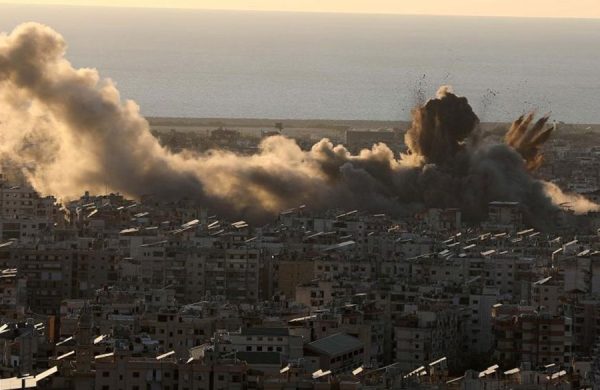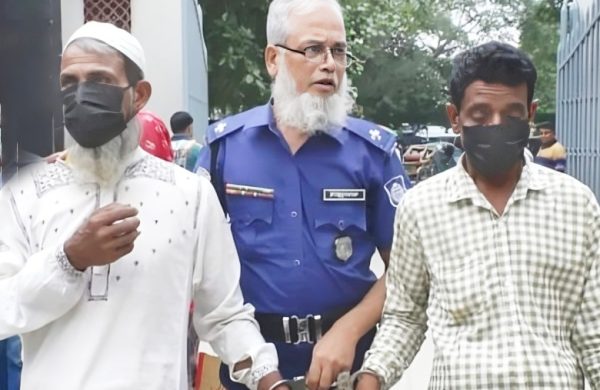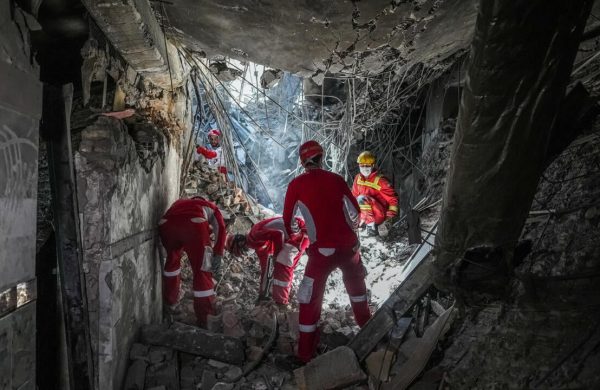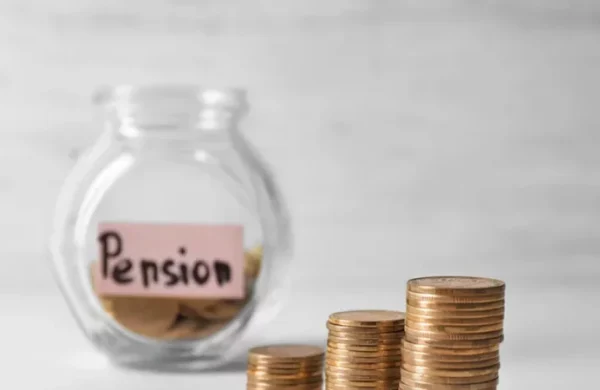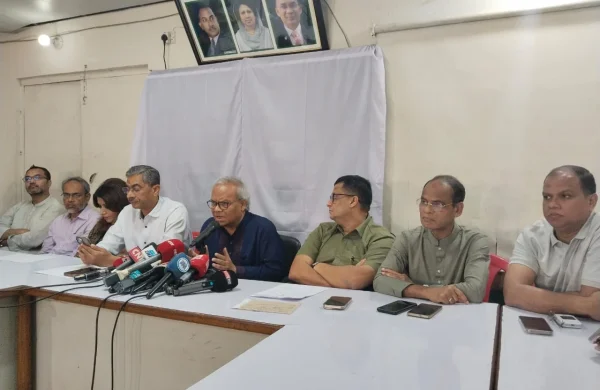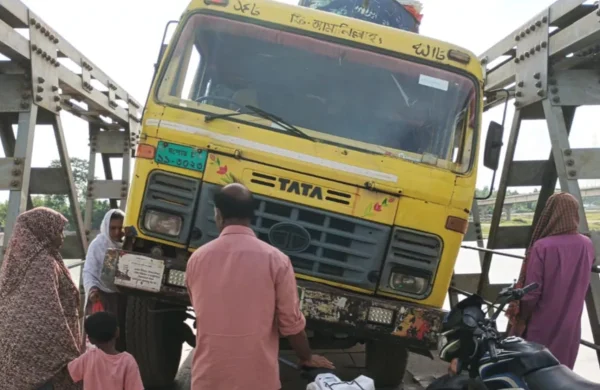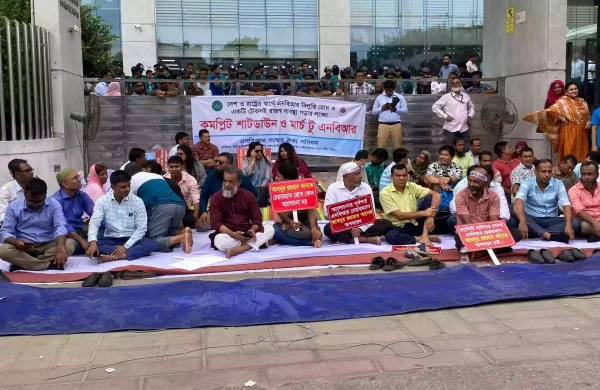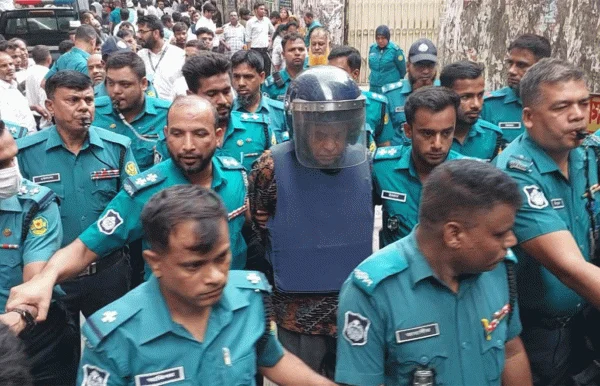Economy runs on blind faith
- Update Time : Saturday, May 17, 2025
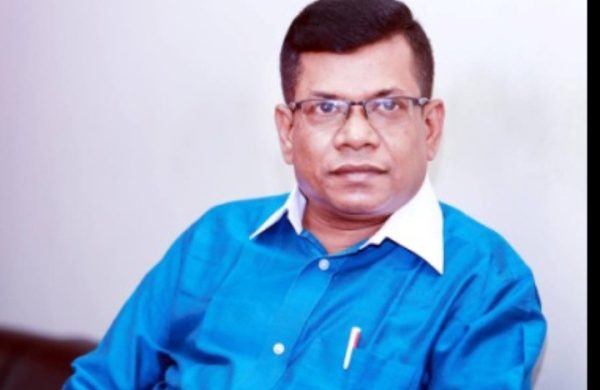
—Mostafa Kamal—
There were high hopes after the chief adviser issued five key directives to salvage the stock market and revive investor confidence. But instead of showing signs of improvement, the market has only worsened. Investors allege that in the past eight to nine months, Tk 800 billion has vanished from the market. A major point of frustration is the BSEC Chairman Rashed Maksud, who, according to many investors, is a close relative of the economic adviser. While being related to someone isn’t a crime, the implication here is troubling: is the chief adviser viewing the market through his own eyes—or through his adviser’s kin?
From the mystical ‘Darbeshi Baba’ to the newly dubbed ‘Jamai Baba,’ gossip abounds in the stock market. After nine months in office, the interim government finally convened a high-level meeting led by the chief adviser. Even critics acknowledged this as a step in the right direction. Yet, whether this meeting can restore investor confidence remains highly contested. A stock market is often called the mirror of a country’s economy. That’s why most nations work diligently to maintain stable markets. Sri Lanka understood this, and its economic recovery didn’t take long. Here in Bangladesh, however, nearly 90% of 1.8 million investors’ capital has evaporated.
Over the past nine months, due to consistent losses, 30,000 investors have sold off all their shares and closed their BO accounts, while another 57,000 have become inactive. During this period, the key index of the stock exchange has plunged by over 1,000 points, triggering a full-blown crisis.
In today’s world, the stock market reflects the heartbeat of any economy. Ensuring its stability requires a politically neutral, professional, and visionary regulatory framework. But years of poor governance have drained investor capital, and attracting new investors has become a daunting task. No one can deny that Bangladesh’s stock market is now in the ICU. A foreign expert has even been brought in and appointed as deputy adviser, a position equivalent to a state minister.
Over the last two decades, every BSEC chairman has been appointed at the government’s will and acted on high-level instructions. Many of them are accused of approving the listing of weak, deadbeat companies at inflated prices through the book-building system—70% of which are now defunct. Post-August 5, the BSEC chairman and several members were removed, but their replacements are mostly insiders, walking the same worn-out path. As a result, the share prices of many listed companies, including banks, have dipped below face value—some losing 75% of their worth.
That’s the reality. The market rarely aligns with textbook economic theories. Instead, it is dominated by the ‘Darbeshi Baba’ and ‘Jamai Baba’ syndicates, who have entrenched the stock market in corruption and looting for nearly 15 years. Post-August 5 only deepened this decay, pushing the market further into the abyss.
Following the revolution on August 5, 2024, hopes were high for change. Between August 6 and 8, prices of even the most undervalued stocks soared. But as soon as the new government took office on August 8, the market began to slump again—and it hasn’t stopped since. In the corporate world, “hire and fire” is standard. Rewards come for success, removal for failure. But this norm has been ignored here.
Without a healthy economy, no matter how skilled the people in charge, neither the stock market nor raw material trade can stabilize. Boosting both local and foreign investment, strengthening capital markets, and crafting citizen-friendly tax policies are urgent needs. Reducing reliance on loans through higher investment, production, and internal resources should be a national priority. The government can and should hold regular consultations with all stakeholders in the market. Their guidance and cooperation in implementing reforms would not be hard to secure.
What businesspeople and investors want most is to be kept out of political crossfires. They want a peaceful environment to focus on their work. That doesn’t mean letting off those accused of serious wrongdoing—they should be prosecuted. But the goal should be to keep businesses running, not shut them down.
Robust investment, dynamic business, a thriving stock market, and increased domestic resource generation can open new doors for the government—even in terms of budget support. Then, there’d be less need to beg the World Bank or ADB for funds. It’s not that the government isn’t trying—it is. But hoping for success while letting the capital market collapse and alienating the business community is naive. The last eight to nine months are proof of that.
Meanwhile, demand after demand is pouring in. Those with access to power and pens in plush offices are getting their way easily. The rest are getting beaten in the streets.
Businesspeople and investors can neither take to the streets nor go on strike. Nor can they keep their enterprises afloat. While the government drums up fanfare over foreign investment, the actual numbers tell a different story. Domestic and foreign investment is heading in one direction—downhill.
As a key indicator, the number of investment proposals registered with BIDA is falling. According to Bangladesh Bank, net FDI inflow is drying up. Capital machinery imports have also plummeted. Balance of payments data shows that from July to March this fiscal year, net FDI stood at $861 million, down from $1.164 billion a year ago—a 26% drop.
In the same period, payments for capital machinery imports totaled $1.521 billion, down from $2.133 billion last year—a 28.68% decline. Investment must come first—before hiring, factory setups, and machinery imports. Local investors are even more acutely aware of this and keep their own records.
All investors—local and foreign—weigh the same risks: high interest rates, energy costs, transport expenses, and political uncertainty. They all seek some assurance that their investments are safe. Without that, forget attracting new investment—just preserving what’s left is a struggle.
—————————————————————–
Writer: Journalist-Columnist; Deputy Head of News







